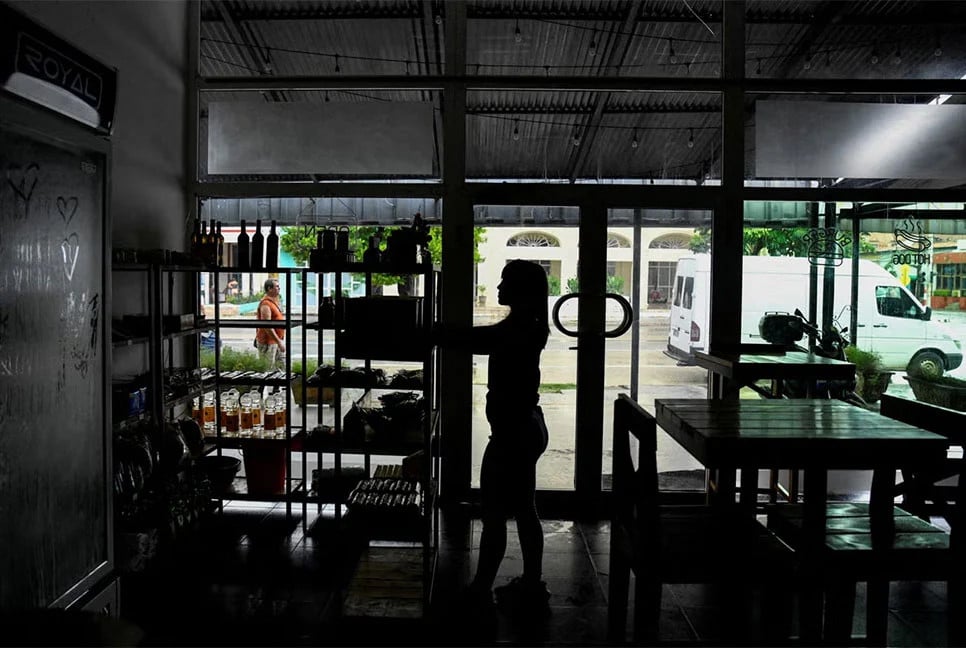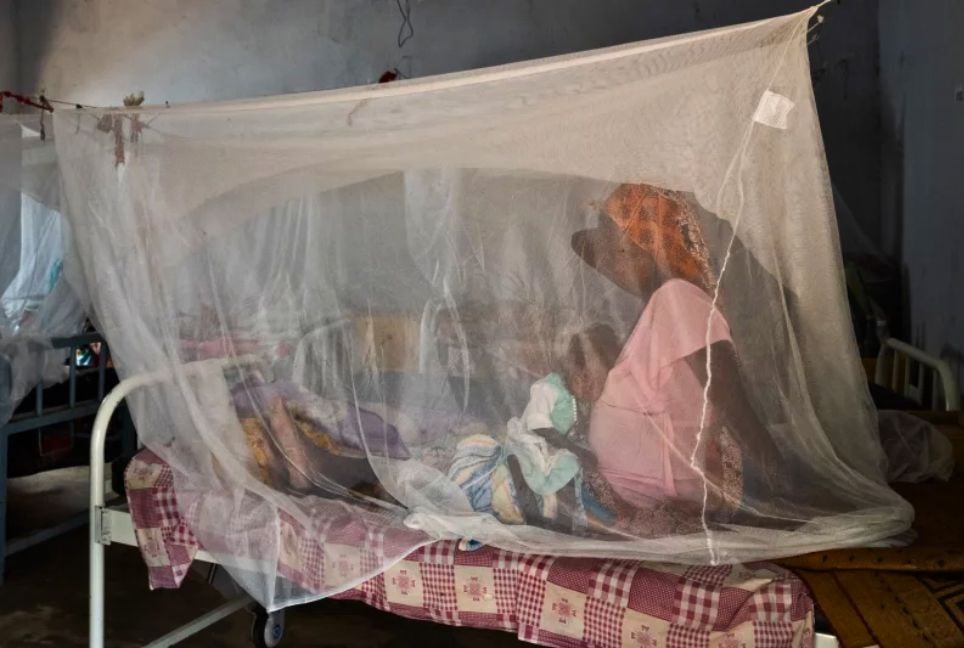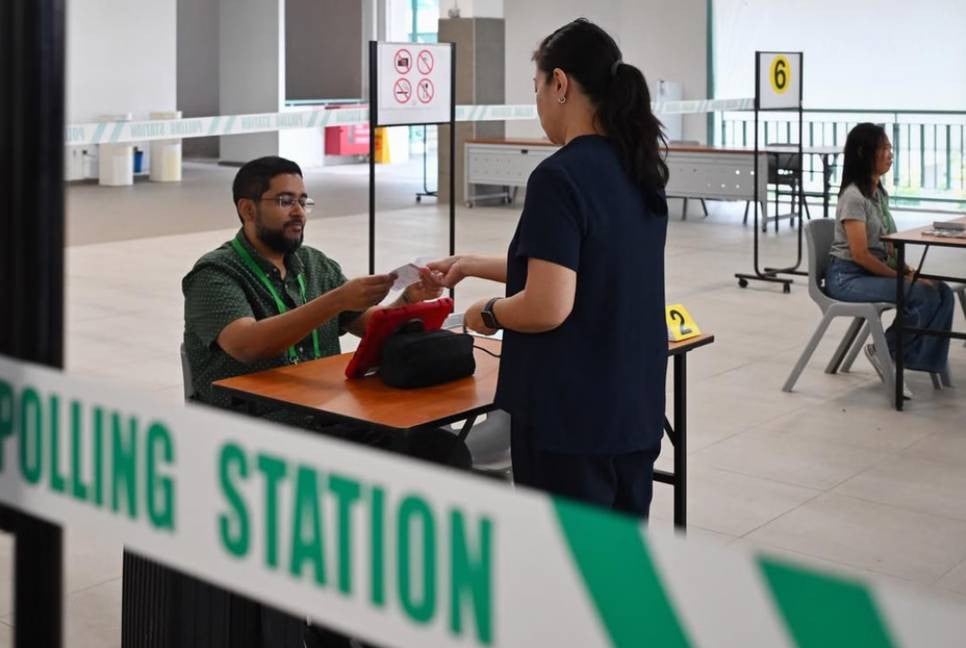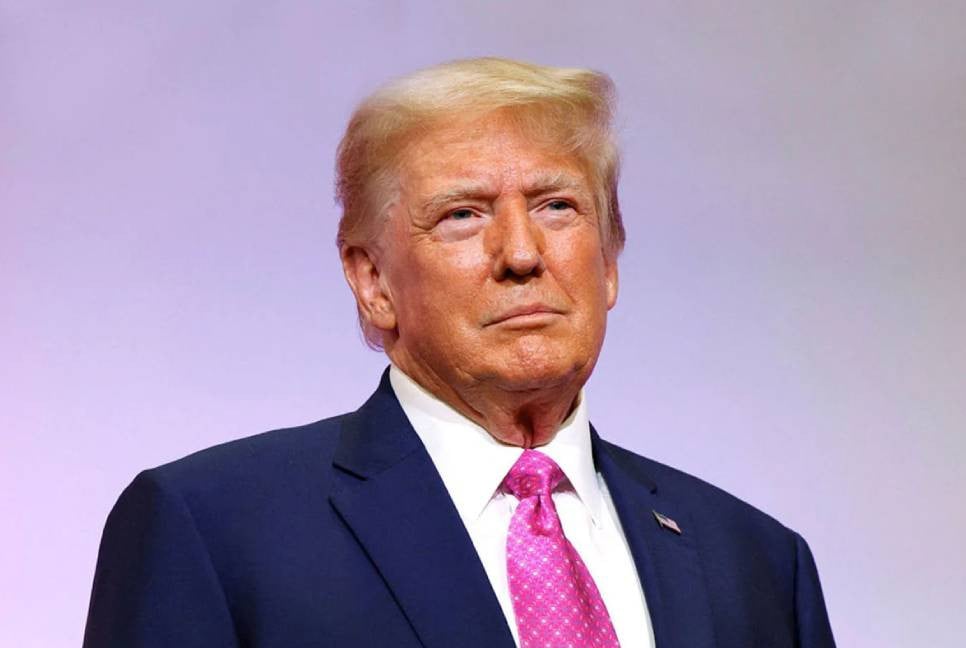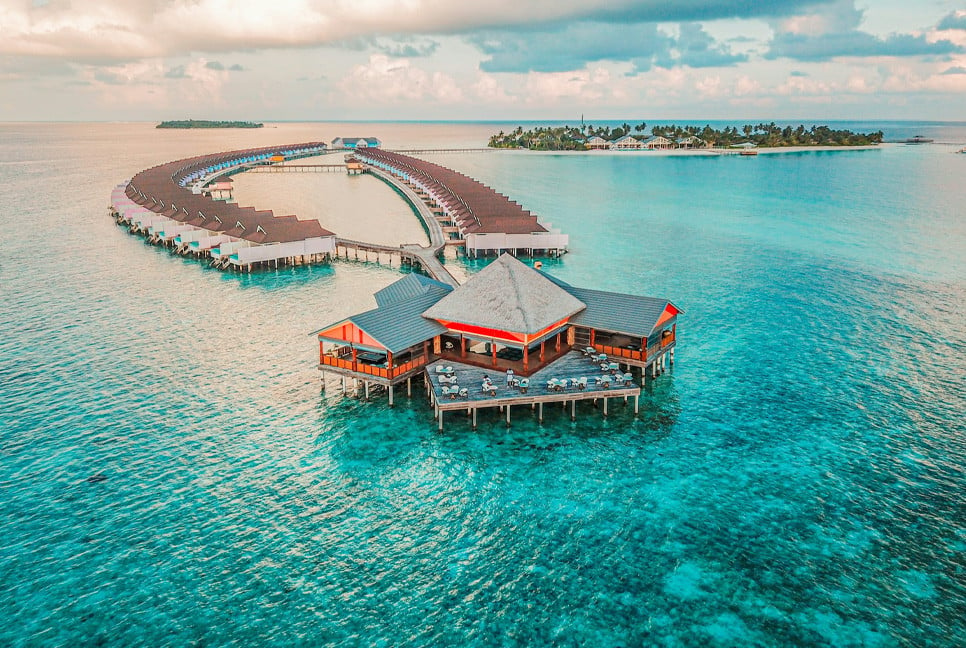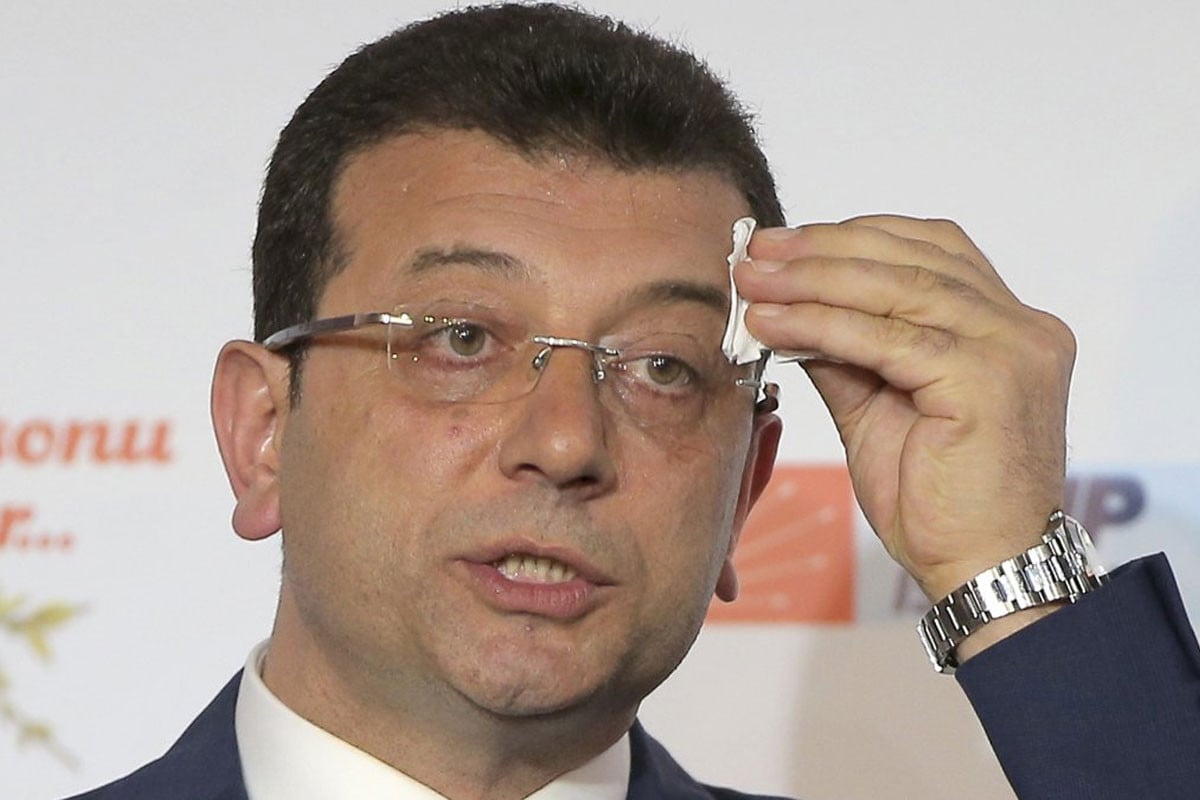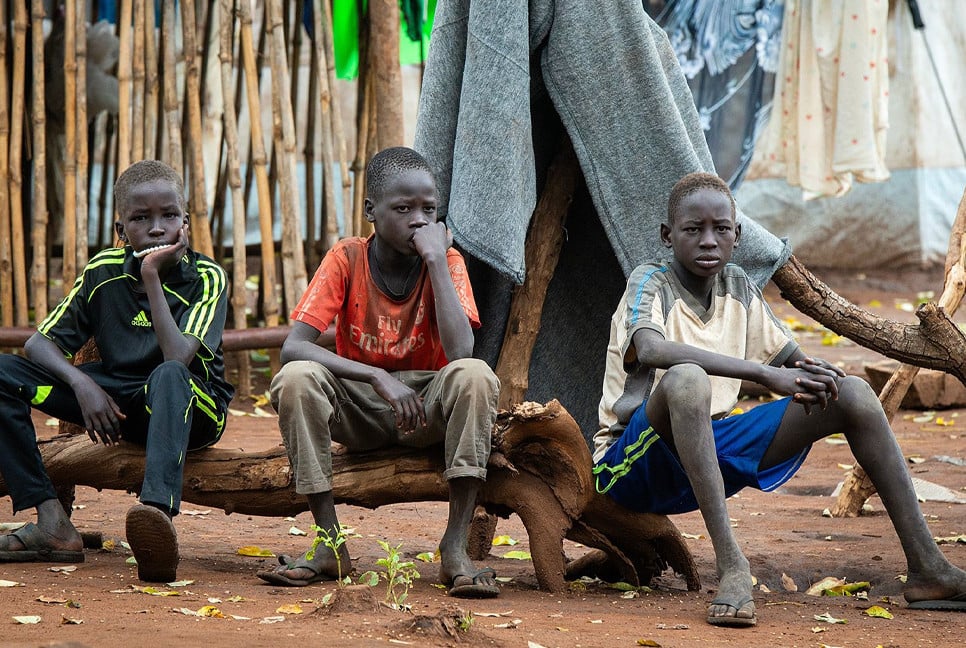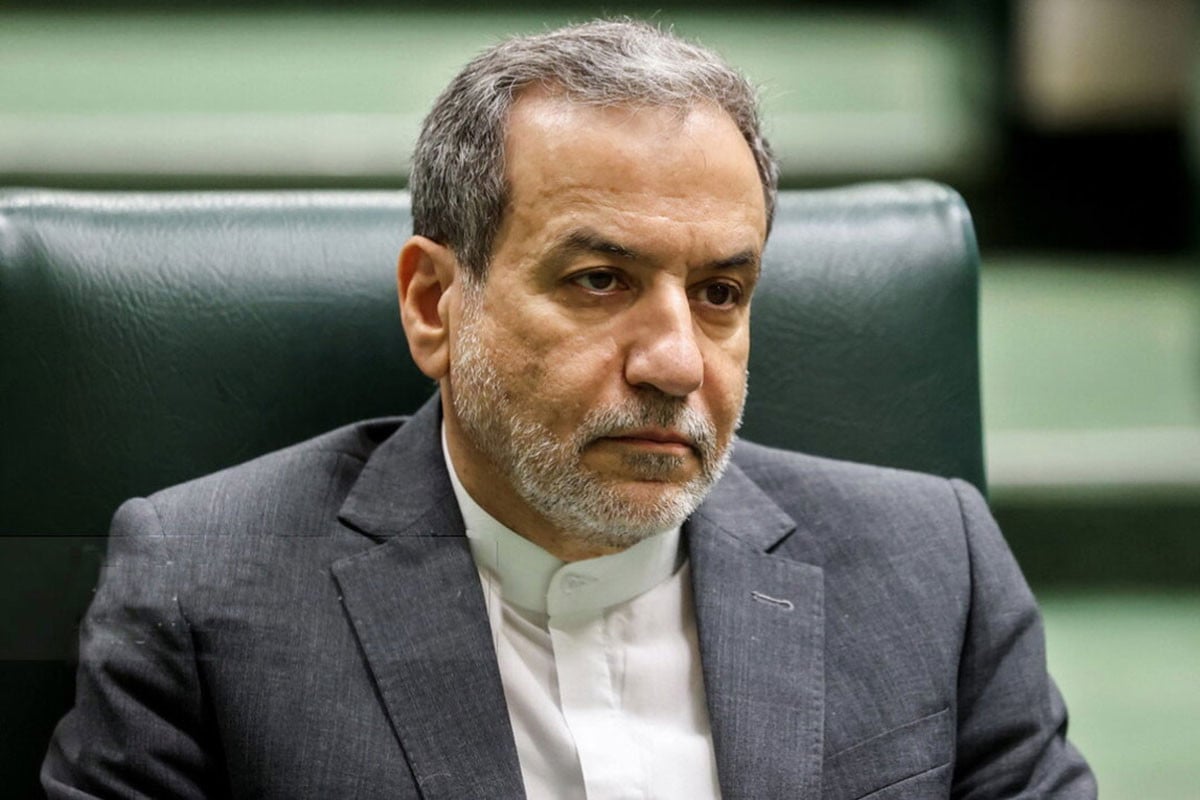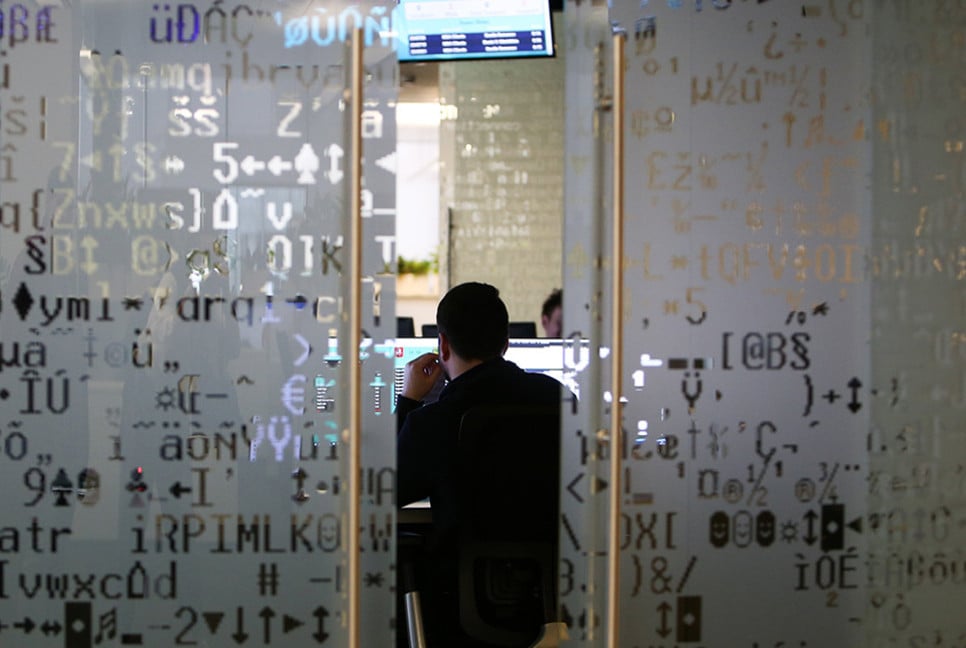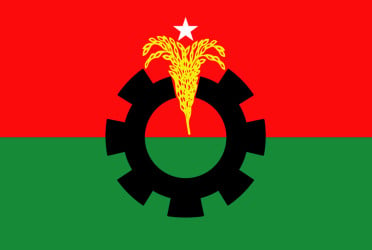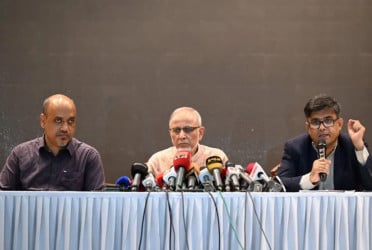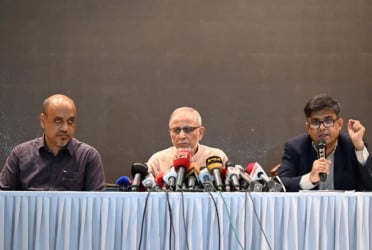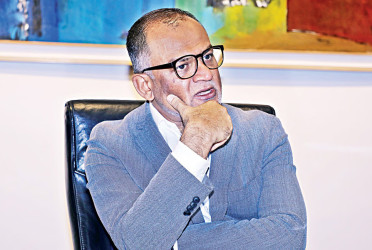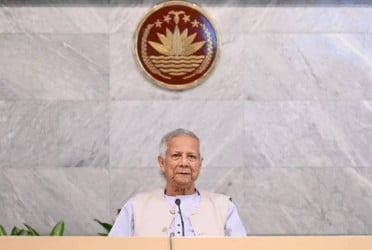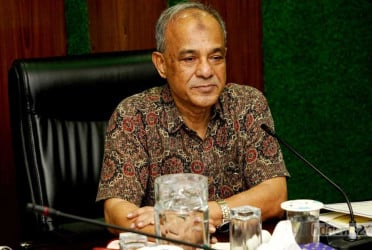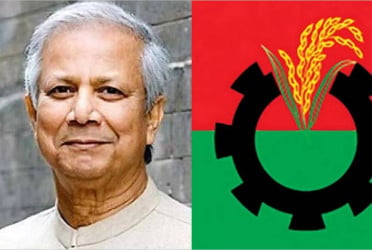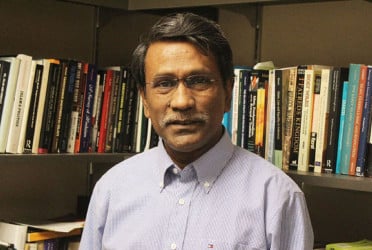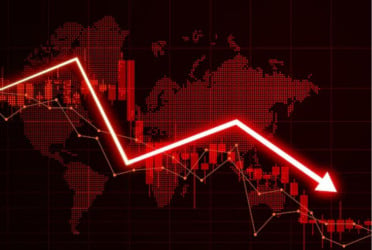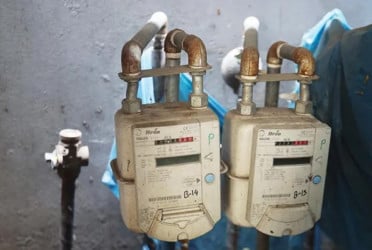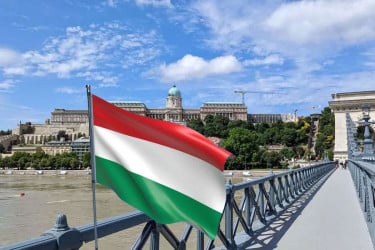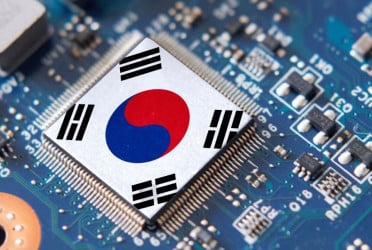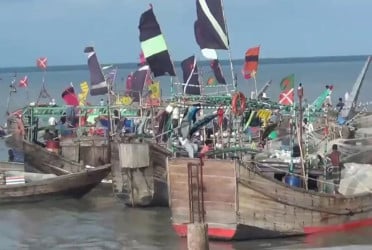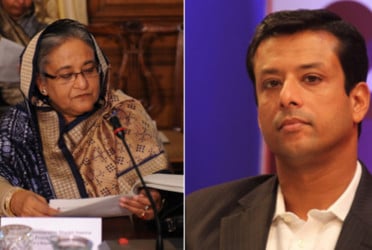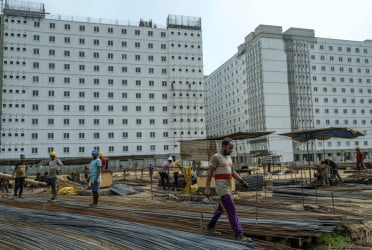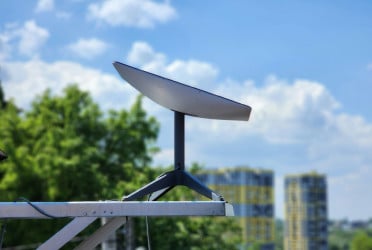The Ministry of Energy and Mines in Cuba announced on Friday, October 18, that the National Electrical Energy System had faced a total blackout after the Antonio Guiteras Thermoelectric Power Plant suffered an unexpected outage. The Ministry also stated that the Electrical Union and all competent authorities were working to restore total connection.
Cuban President Miguel Díaz-Canel responded to the news saying, “From the country’s leadership, we are dedicating absolute priority to the attention and solution of this highly sensitive energy contingency for the nation. There will be no rest until it is restored,” reports Peoples Dispatch.
By Friday evening, the Ministry of Energy and Mines (MINEM) reported that they had advanced with the gradual restoration of the country’s electrical system. According to their report, they had achieved partial generation at ENERGAS, the country’s gas company, to supply energy to the thermoelectric plants and that the micro electric systems in Villa Clara, Holguín Granma and Guantánamo were also able to operate.
The Director of Electricity of MINEM, Engineer Lázaro Guerra Hernández, gave an update on the process in a press conference. He said that, “from the moment that Guiteras went out, the restoration process began. There is already energy that will begin to be distributed to the Santa Cruz del Norte Thermoelectric Power Plant and an engine will be started from the Mariel floating power plant -to where the fuel is being directed at the moment- to provide energy to the CTE of this territory.” He clarified that the restoration process is a meticulous and careful one with no quick fix, but that they are working as fast as they can.
A day prior to the blackout, the general director of the National Electric Union (UNE), Alfredo López Valdés, had given a television broadcast to provide an update on the crisis facing the electrical sector in the country. López Valdés outlined that the primary challenge for the power grid is limitations in securing fuel and a long-standing fuel deficit. More than half of the issues with the electrical grid are due to this issue, he stated.
The general director also presented the country’s comprehensive plan to combat these issues, stating that it was necessary to both optimize the thermoelectric power plants and micro electric systems, as well as guarantee sufficient fuel for these to function.
The blockade is behind the blackout
The biggest obstacle to Cuba obtaining sufficient fuel to maintain its electrical grid is the web of sanctions and coercive measures imposed on the island by the United States. The blockade on Cuba does not only cause significant economic losses, to the tune of 13 million dollars a day, but it also restricts it from accessing markets and even making transactions.
In November 2019, the Trump administration directly sanctioned Cuban company Panamericana Corporation which had been purchasing liquefied natural gas for the consumption of the population, alleging that it was “owned or controlled by, or having acted for or on behalf of, Cubametales, an entity designated on July 3, 2019, for operating in the oil sector of the Venezuelan economy.” The Treasury Deputy Secretary Justin G. Muzinich stated: “Cuba has played a direct role in preventing the return of democracy to Venezuela.”
The Treasury Department statement adds that “Since its designation on July 3, 2019, Cubametales, the Cuban state-run oil import and export company, has faced significant pressure as businesses refuse to conduct business with them as a result of its designation. In response, Cubametales repeatedly offered Corporacion Panamericana S.A. as an intermediary to continue operations and circumvent sanctions.”
The Treasury Department was explicit: Cuba should not be able to purchase fuel to keep its country running because it did not alienate Venezuela at Washington’s behest.
Just over a month after the sanctions were announced on Panamericana, the Cubapetroleo Union said in a statement released in January 2020, that, “Throughout all of 2019, the US Government imposed new and successive sanctions on companies, shipowners, vessels and insurance companies, with the aim of preventing the arrival of fuels to our country.”
They clarified that since the sanctioning of Panamericana Corporation, “The Company’s suppliers refused to make the deliveries planned for the end of December and the beginning of January…it has been taking steps to obtain the supply of LNG from other markets, which has not been achieved. Actions continue to be taken to import LNG.”
Democratic President Joe Biden who was sworn in as president over a month after Trump sanctioned Panamericana did not make any significant changes to the US policy towards Cuba during his four years in office. He maintained the 243 additional sanctions, like the aforementioned one, that Trump imposed on Cuba during his term, and maintained the inclusion of Cuba on the state sponsors of terrorism list, which places an even tighter stranglehold on the nation’s economy and its ability to trade.
The nation-wide blackout that Cuba experienced today is evidence of the serious impacts that the blockade has on the entire population, and prompted many solidarity organizations to renew their calls for Biden to lift the deadly blockade.
Bd-pratidin English/Lutful Hoque

